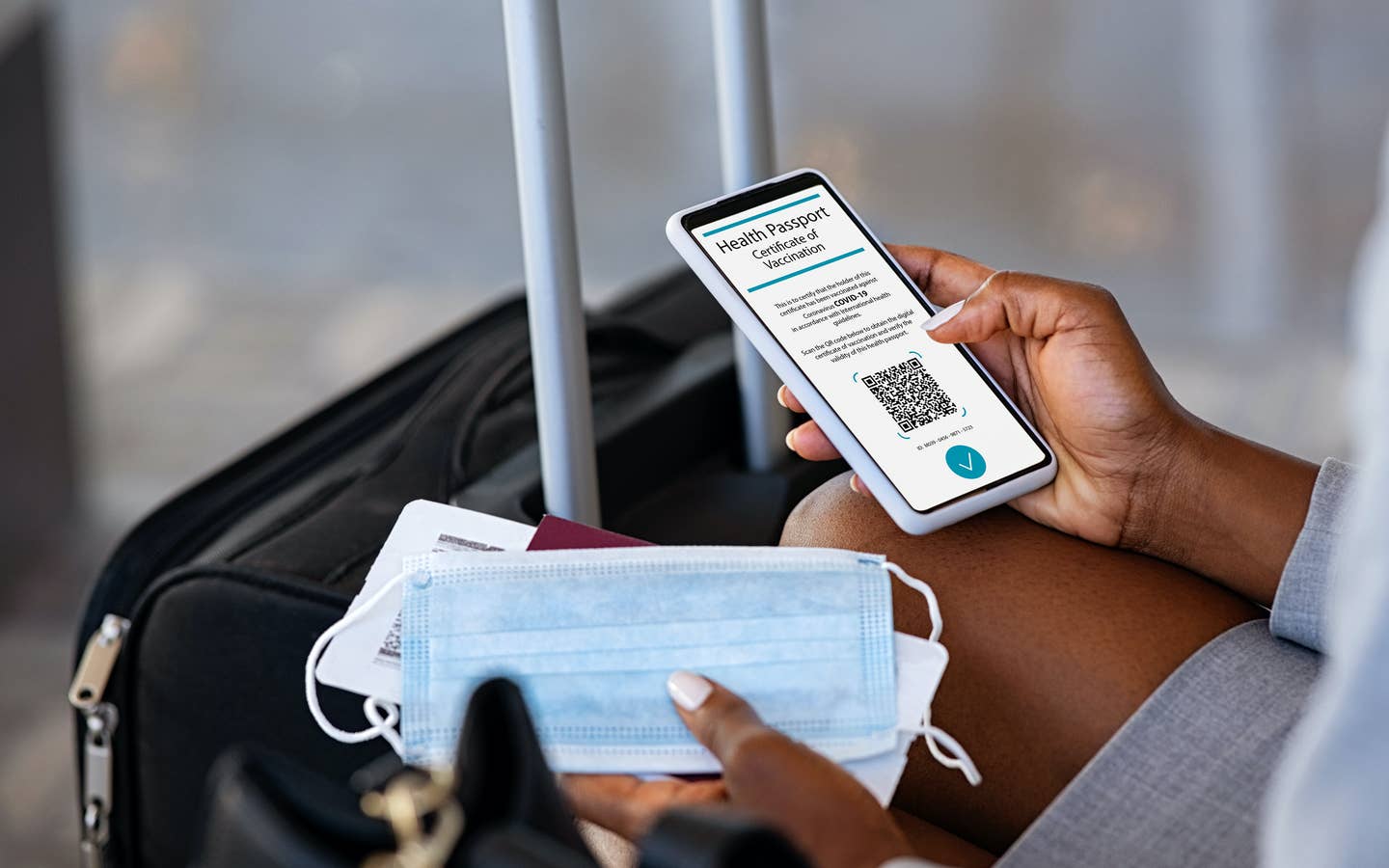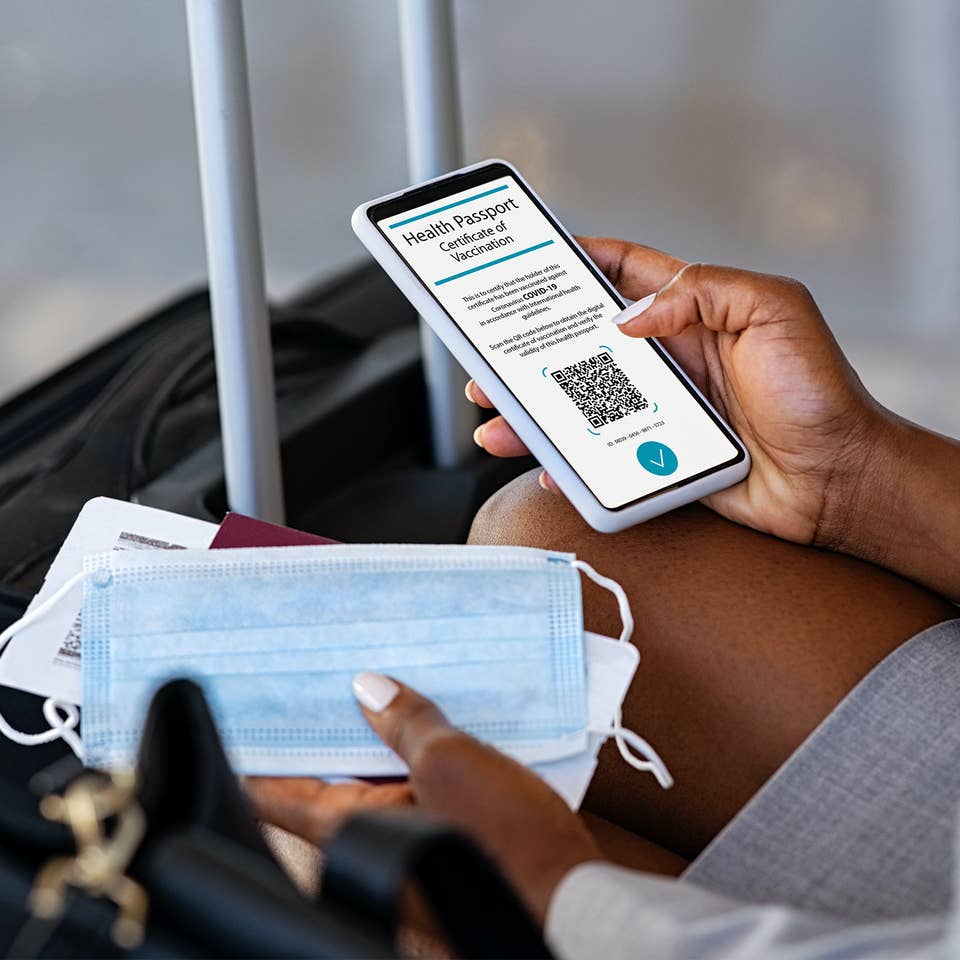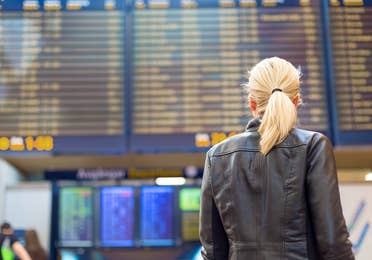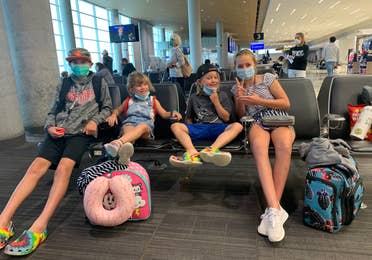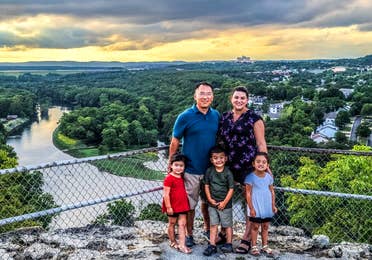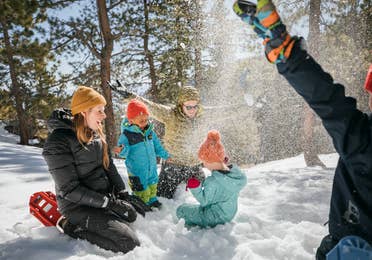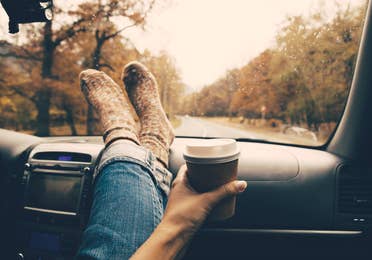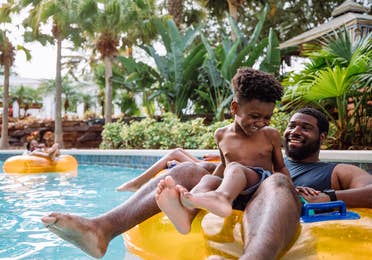As spring rolls in, I’m finally thinking about traveling — but I keep seeing mentions of vaccine passports online, in newspapers and on TV. It’s made me wonder: What are vaccine passports? And will I need one?
My suitcase-is-packed partner eagerly wants to take an Africa trip we already paid for – and postponed due to COVID-19 – followed by a month in Switzerland…
So I delved into the research and I’m sharing it all here, so you don’t have to dig for answers.
The short answer to what are vaccine passports? Essentially, they’re handy smartphone apps. They’ll be a way to let the world know you’ve been vaccinated against COVID-19 or have tested negative for COVID recently, in addition to having other important health info.
They’re actually not a brand-new concept, but many new mobile apps are currently in development at multiple tech companies worldwide to specifically address COVID-19 information.
What’s seemingly the advantage? Domestic travel has largely already returned, with new safety measures in place, along with the popular return of an old favorite: the family road trip.
Once rolled out, a health information mobile app may further broaden your future travel options, making it easier to show your health status if countries, destinations, airlines, events or attractions start to require showing a vaccine passport for entry.
People may also start gauging the safety of say, a crowded indoor concert event, based on if a vaccine passport is required or not.
When and where might vaccine passports start to be requested or required? Read on. Below is a preliminary vaccine passport primer, aka everything we’ve learned so far.
(HUGE CAVEAT: Keep in mind this information is all new and all very subject to change. Before you plan your next trip, be sure to check for the latest and greatest domestic and international travel updates, as well as CDC and World Health Organization guidelines. You can learn more about the IHG-backed Safe Travels program that is already in place at all 28 Holiday Inn Club Vacations® resorts on this informational page.)
What is a Vaccine Passport?
In theory, vaccine passports are a quick and simple way to prove that you’re not bringing germs to other people.
It’ll work like this:
- You’ll upload or access official info like medical results and travel documents.
- The apps will generate images or QR codes proving you’re not contagious with COVID-19 at the moment.
- You’ll show or scan the smartphone graphic in your home airport (or at each event or attraction you’re visiting).
- You’ll show/scan again in airports where you’re changing planes.
- Then maybe one more time when you arrive at your target destination.
- And off you go.
There are no less than seven different major apps currently in the works, and they’ll all do this: gather your officially recognized medical and travel information into a simple app and keep that personal and private info secure.
And while several entities are developing new apps right now, spokespeople for some balk at the name “vaccine passport,” emphasizing that the apps simply digitize existing paperwork. They prefer terms like “digital health pass” instead.
(Paper alternatives are also in the works since not everyone owns a smartphone.)
How Will Vaccine Passports, or Digital Health Passes, Be Used?
Theme parks, sports arenas, concert halls, cruise ships, office buildings, college campuses, venues or even broader travel destinations like countries or states, might start asking to see vaccine passports in the future.
Basically, anywhere large groups gather may have health pass considerations down the line. More to come.
In the meantime, if you’ve gotten vaccinated, definitely keep that physical card you received and take a picture of both sides, too — because we all know how easy it is to misplace paper. (Some are even laminating their cards!)
When Will Vaccine Passports Start Being Used?
To be clear, the United States does not yet have or require any kind of vaccine passport, digital or otherwise. You can travel on airlines and to resorts without one for now, with varying state regulations and nuances, of course.
But it is in the news often and will be an evolving topic to keep your eyes and ears open for as vaccines continue to become more widely available.
In the meantime, I’d highly recommend picking a place to stay that has high cleaning standards and best-in-class safety measures in place, like the Safe Travels program at all Holiday Inn Club Vacations resorts.
So far, we’re hearing good reports about vaccine passports, or digitized paperwork, where they have started to take effect.
“I flew American Airlines to Mexico a few weeks ago and used the VeriFLY app for tracking my COVID test results,” reports Waterbury, Connecticut-based Amanda Klimak, a travel advisor who is president and co-owner of Please Go Away fueled by Largay Travel.
“It worked spectacularly well. I uploaded my test results and flight information into VeriFLY before I got to the airport, and the rest was seamless: I showed the green checkmark on my phone indicating that I’m COVID-safe as I went through security. The airport workers didn’t even have to handle paperwork.”
What Vaccine Passports Could Mean for You
It looks like vaccine passports will benefit travelers in two ways:
- They’ll make travel easier, as you’ll have essential health information in a single app instead of traveling with personal, private paperwork.
- They could make experiences in crowded indoor spaces less risky if attendance is limited to those who are app-approved as not carrying COVID-19.
“People will be able to travel domestically and internationally, and also go to concerts and large group gatherings, feeling safer,” says Klimak.
Why it Could Be a While for Vaccine Passports to Take Effect
All signs are pointing to the likely possibility that app-based vaccine passports are going to become part of our lives. But it very well may take a while for that to happen.
“The elephant in the room is that we need globally accepted standards for digital health certificates,” observes Perry Flint, head of USA communications for the International Air Transport Association (IATA), which is developing a Travel Pass that airlines might use.
He says IATA is lobbying for the World Health Organization to come out with a standard agreed to by its 190+ member nations. Then a single barcode system will be accepted by all border control agencies.
“The vaccine passport concept is a huge undertaking … vaccine passports would have to secure your personal data and meet legal and ethical standards. The idea might sound simple but it’s very, very complicated,” says public health expert Pia MacDonald, Ph.D., MPH, an infectious disease epidemiologist at the independent nonprofit research institute RTI International.
Beyond international gold standards and consistencies, we’re watching to see how all that might play out from to state to state and at popular tourist destinations, like Walt Disney World® Theme Parks and cruise ship companies.
Choosing a Safe Vacation Spot for Summer 2021
Despite my partner’s push to make our way to Botswana, Tanzania and Switzerland soon, it seems to me like it’s most realistic and responsible for now to stay closer to home.
All in all? Enjoying vacations within the domestic U.S. will likely be the extent of our travel plans for the rest of 2021.
That means what you’ve no doubt already learned in the new normal: Social distancing. Wearing a good mask. Washing your hands. And doing your research on where to stay and how you’ll get there.
Staying on the safer side of summer vacation this year will likely mean driving, taking an RV adventure or flying with your family or friends to a domestic destination. And fresh air and fun will be the name of the game.
Outdoor pools, golf courses, hiking trails, horseback riding, walking on the beach and mini golf are easy ways to socially distance yourselves while still having fun.
And picking a place with a full kitchen means you can dine inside your villa or on your patio or balcony, whether you cook, grill or bring in take-out from local restaurants.
So, my Sweety, shall we trade in Tanzania for Texas and Switzerland for … De Soto, Missouri? Timber Creek Resort definitely caught my eye as a lovely plan B.
And again, all 28 resorts also have the Holiday Inn Club Vacations Safe Travels program, meaning extra cleaning, a virtual check-in queue, villa door seals that confirm you’re the first to walk into your clean space and more.
Resorts in beautiful destinations. Amenities and home-like villas that are so nice and so relaxing. Yep, let’s explore closer to home this summer!
Our guest bloggers are compensated for their writing contributions and honest opinions.
All information is subject to change. This article is a curated guide and is neither sponsored nor considered an official endorsement. Please be sure to check information directly with any/all tours, guides or companies for the most up-to-date and direct details.


